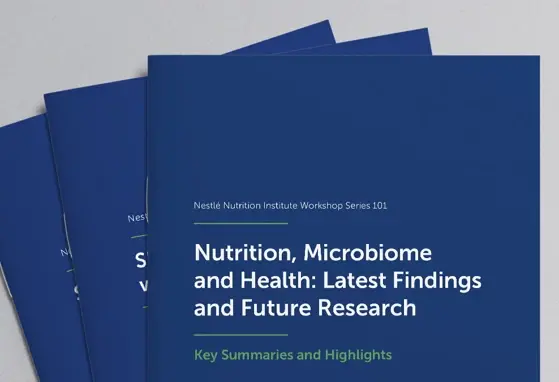Exploring human milk oligosaccharides as a method of COVID-19 prevention
The purpose of a recent article published in Biomedicines was to ascertain whether antiviral and immunomodulatory activities of hMOS could be efficacious in the prevention and treatment against COVID-19.
The present review summarized the biogenesis and classification of hMOS, illustrated proposed mechanisms of action of hMOS at different stages of the SARS-CoV2 infection, and discussed challenges and opportunities for conducting research on hMOS for clinical applications against COVID-19.
Discussion
HMOS - structurally diverse non-digestible glycans, are present in a distinct composition in human breast milk, which differs by maternal genetic status, physiology, ethnicity and geography. HMOS can aid in preventing infection, maintaining homeostasis, and nurturing healthy gut microbiota. These are expressed through four modes of action - as receptor binding inhibitors or decoys (competing with pathogens); anti-inflammatory; immunomodulatory effects; and mucosal signaling.
Individuals with blood group A are more susceptible to SARS-CoV-2 infection. Glycosylated moieties regulate the interaction between the viral spike protein and the host ACE2 receptor - the first obligatory step to the viral infection. Several studies link A-type Histo-blood group antigen (HBGA) to this interaction between the SARS-CoV-2 and the human host. Researchers have found that COVID-19 patients with blood group A have a higher predilection of developing pneumonia and cardiovascular complications compared with non-group A.
Micromolecular studies showed that the interaction between SARS-CoV-2 spike protein and ACE2 receptor subdued in the presence of anti-A antibodies. The receptor-binding domain (RBD) of SARS-CoV-2 spike protein showed a preference to binding with A-type 1 HBGA. HMOS exhibit molecular similarity to host cell receptors, which enables them to act as competitive inhibitors to the SARS-CoV-2 spike protein. They demonstrate antiviral potential against several other pathogens as well, for example - human noroviruses, rotavirus, human immunodeficiency virus (HIV) and human influenza virus. The results confirmed that fucosylated hMOS, specifically 2′FL, could inhibit SARS-CoV-2 viral infection through its functional receptor decoy mechanism.
In addition, the anti-inflammatory and immunomodulatory activities of human milk glycans render antiviral benefits. hMOS - as mixtures or as individual molecules, may also have potential for acting as a mucosal signaling agent with TLR4 inhibitory activity, and hence can aid in protection against respiratory mucosal inflammation and acute lung injury in patients with severe COVID-19. Patients with gut dysbiosis during the acute phase of SARS-CoV-2 infection showed greater disease severity and higher C-reactive protein (CRP) levels. Therefore, it is likely that therapeutic interventions aimed towards reinstating gut eubiosis and restoring immunoregulatory commensals can be promising approaches toward treating COVID-19 disease and preventing its progression and long-term complications. HMOS act as prebiotics via optimizing the gut microbiome and serve as a selective growth substrate for the growth and multiplication of beneficial commensals.
Conclusion
Therefore, hMOS may prove to be a novel promising therapeutic strategy for COVID-19 management. Future investigations should target investigation of its anti-SARS-CoV-2 effects, appropriate routes of administration and oral bioavailability - for clinical applications of hMOS as a new nutraceutical treatment against COVID-19.
References
Chutipongtanate, S.; Morrow, A.L.; Newburg, D.S. Human Milk Oligosaccharides: Potential Applications in COVID-19. Biomedicines 2022, 10, 346. https://doi.org/10.3390/biomedicines10020346
If you liked this post you may also like


The infant gut virome: Knowns, unknowns, and avenues for future studies

Environment and microbiota intersection with human health
